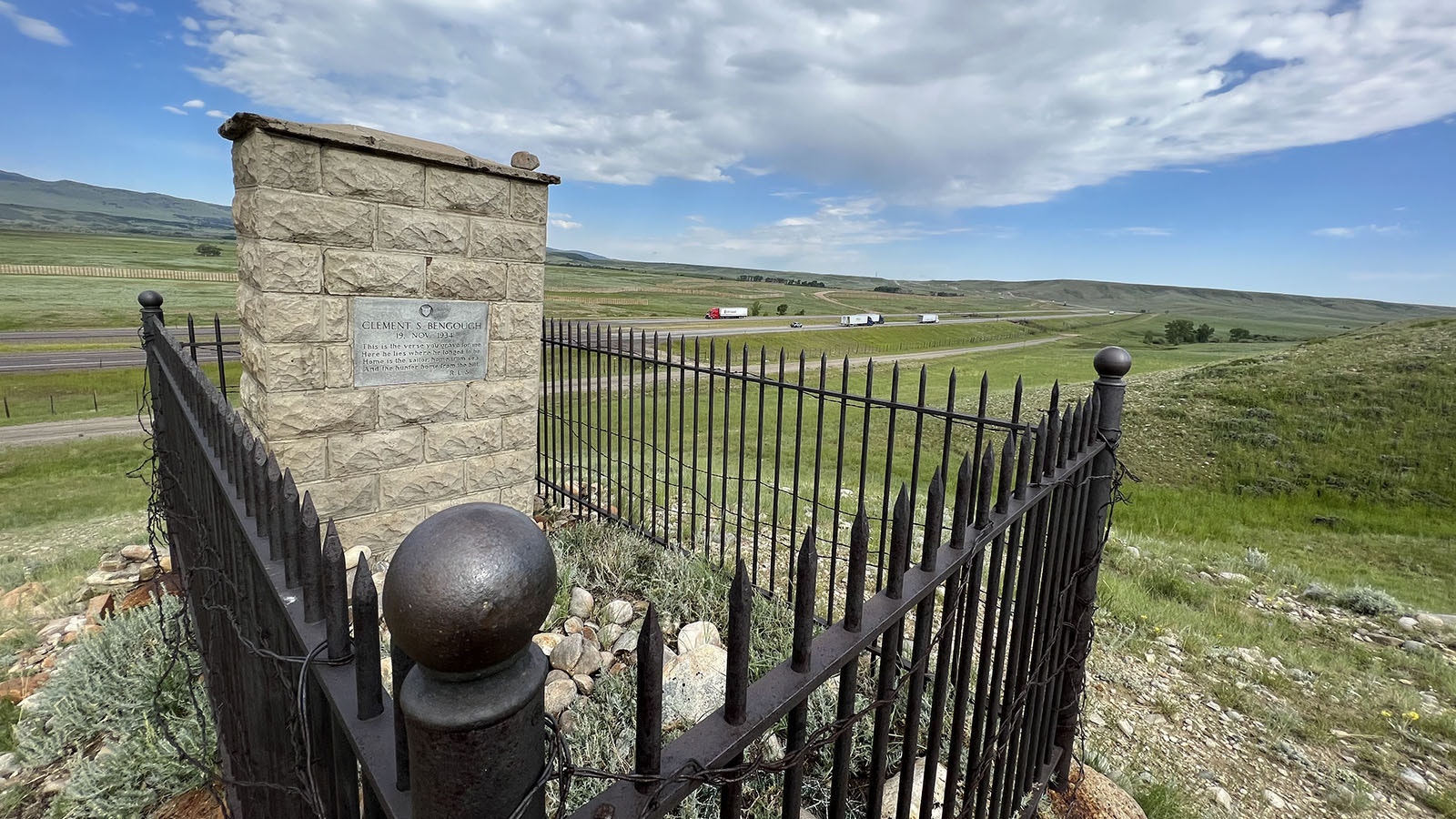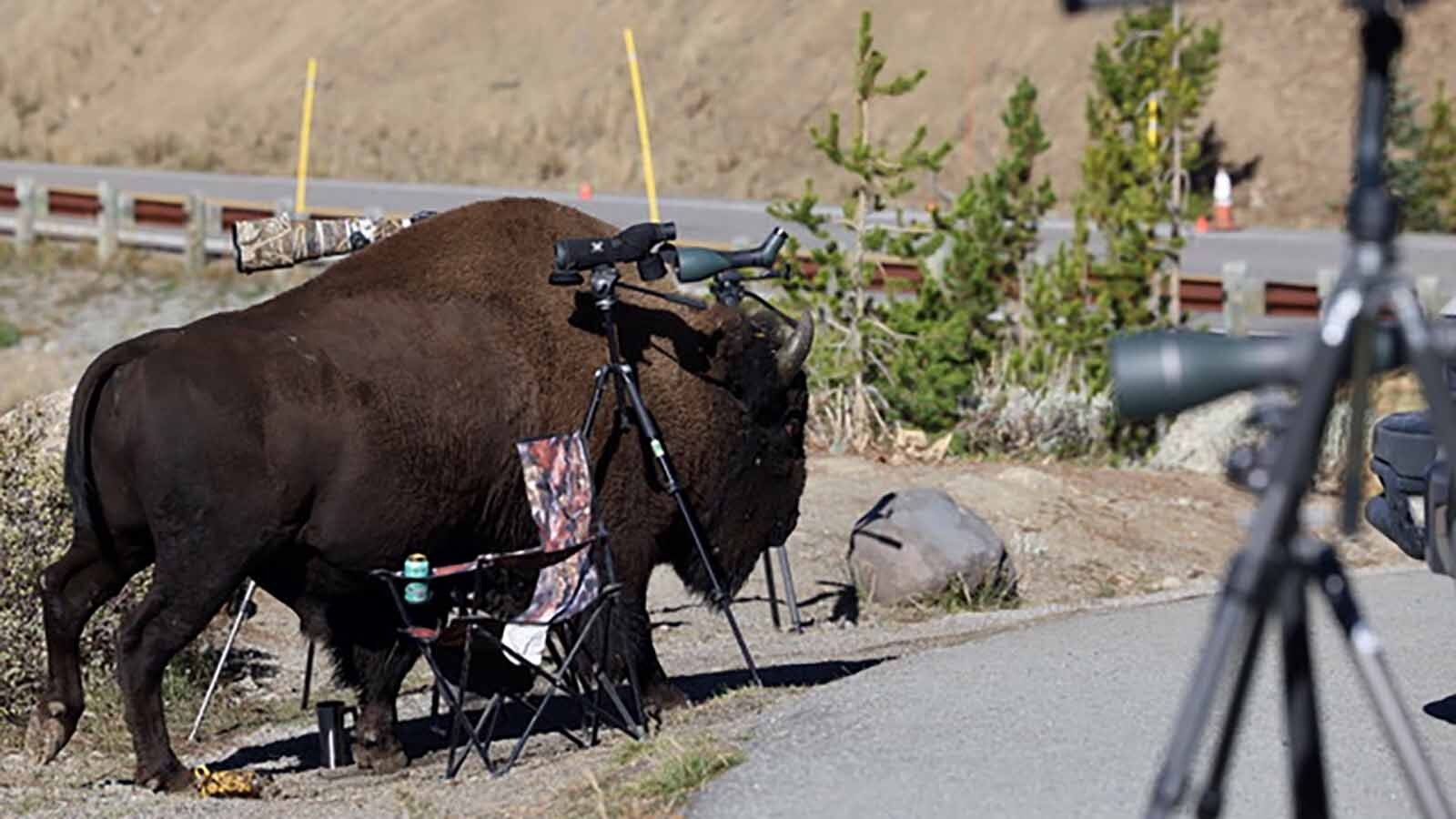In Wyoming generally, people can bury their loved ones on their property and receive a property tax break for having a “cemetery” – but the process is not without its regulatory hurdles.
Wyoming law exempts cemeteries from property taxes.
No state law prevents someone from burying his loved ones on his private property, Kim Deti, spokeswoman for the Wyoming Department of Health, told Cowboy State Daily.
Cities may have varying ordinances about doing so, and counties might have differing policies.
To get the county assessor, who values properties for tax purposes, to recognize one’s burial plot as a cemetery, a person would have to have the area surveyed, platted on the county’s maps and recorded with the county clerk or record-holder.
The landowner may also need to ascribe a covenant to the burial plot restricting its use to cemetery purposes, Chris Hawks, Jackson-based attorney for Hawks & Associates, told Cowboy State Daily on Tuesday.
The covenant would assure the county assessor that the plot isn’t useful except as a cemetery, and therefore isn’t taxable like other property.
“It kind of puts a big bow on it,” said Hawks. “You have devalued the value of the cemetery parcel.”
Hawks lives and works in Teton County, which has some of the most exorbitant property prices in the nation and the high property taxes that go with them. He said he’s helped some families designate tracts as cemeteries.
The landowner’s whole property wouldn’t be considered a tax-exempt cemetery: just the burial portion, Justin Arnold, Laramie County Planning department head told Cowboy State Daily.
“Just the portion of a cemetery used for specific, cemetery purposes,” Arnold added.
Other county assessors confirmed that statement.
All The What-Ifs
County and land planning can get technical, especially when coupled with state law, city ordinance or county policy.
Regulatory burdens come into play.
For example, if a person is going to install a cemetery on his land, but the remaining, non-cemetery portion contains fewer than 35 acres, then he’ll have to get his county to administratively approve the small-acreage subdivision of that remainder.
The process could take two or three years in Teton County, which has rigorous land-management regulations.
It would be closer to a three-month process in Laramie County, Arnold said.
Arnold noted that if the land has already been platted for different purposes and the landowner wants to re-plat it for home burial, then that requires approval from the county commission under state law.
“You basically have to remove the underlying plat before you can overlay one on top of it,” said Arnold.
Grave Visits After Sales
In Fremont County, leaders have been concerned about future access. Meaning, how can a person get back to his grandmother’s grave if his family sells off the ranch?
“We … recommend a 10-foot-wide access easement to get to where the graves are,” said Steve Baumann, Fremont County planning director.
Krista Nethercott, co-owner of Grand Teton Funeral Home, said she warns people about future access as well. And she’s heard the home-burial question a few times.
“We have to tell them, ‘You need to think about the future,’” she said. “If the (property heirs) eventually die, or they want to sell the property, they need to think about what to do with the remains.”
The right thing to do when selling your home is to let the future buyer know bodies are buried there, said Nethercott. It wouldn’t bother Nethercott to know she lived on a cemetery, because she works among bodies anyway, but some prospective buyers might be troubled by that, she said.

Bury Me Right Here
Baumann said he’s heard home-burial requests multiple times, but it often comes from people who want to be buried on their own land to which they feel a strong tie – not from people looking for a tax break.
In the sage country of rural Fremont County, a small burial plot would provide a negligible tax break, maybe as low as $1 a year, said Baumann. But different neighborhoods and cemeteries will have different taxable values, he added.
A Fad, Maybe
Though Nethercott is getting the home-burial question less these days, Tim Lyons, Crook County planning director, is hearing it more and more.
“I just had somebody come by a few days ago asking a question (about that),” said Lyons. “I guess it’s a new trend that families are wanting to bury their loved ones on their own land.”
When people ask him about it, he refers them to Wyoming’s state statutes about platting and recording the home cemeteries, he said.
That’s because Crook County has none of its own regulations about platting home cemeteries, Lyons added.
“Crook County doesn’t have any interest in getting into regulating cemeteries,” he said. “People need to be responsible; they need to follow the (state) statutes.”
Hiring a surveyor and jumping through regulatory processes is going to cost money before it saves any, said Todd Ernst, Laramie County Assessor.
But all the planning and surveying and subdividing isn’t his concern, he said, adding, “As far as the assessor, my office and my statutory requirements, if it comes in and it’s platted as a cemetery I would exempt that portion of that land.”
Contact Clair McFarland at clair@cowboystatedaily.com

Clair McFarland can be reached at clair@cowboystatedaily.com.





